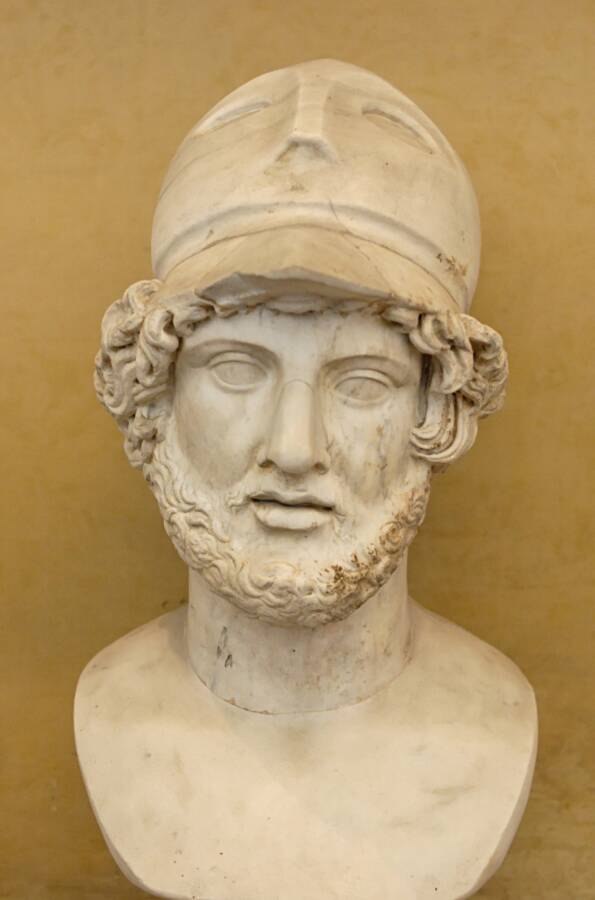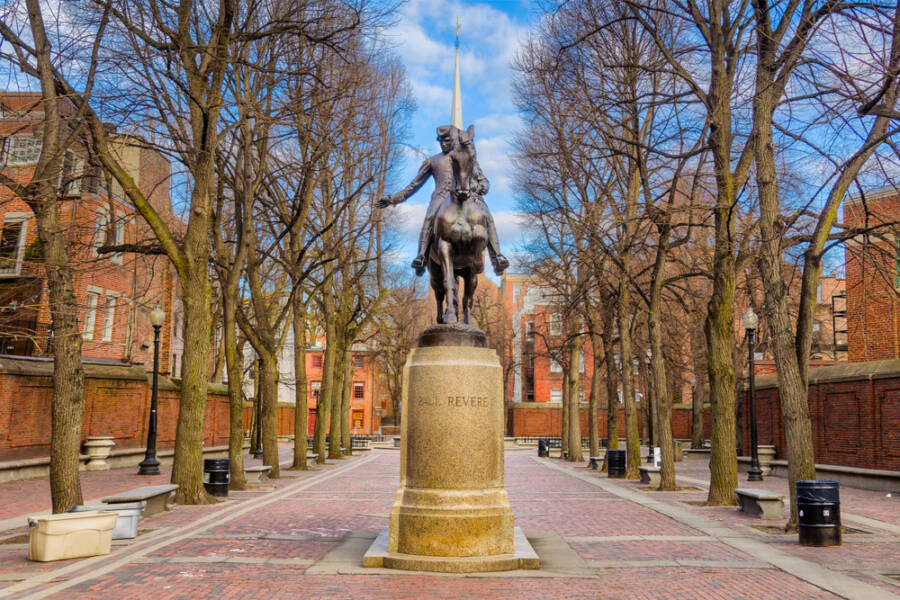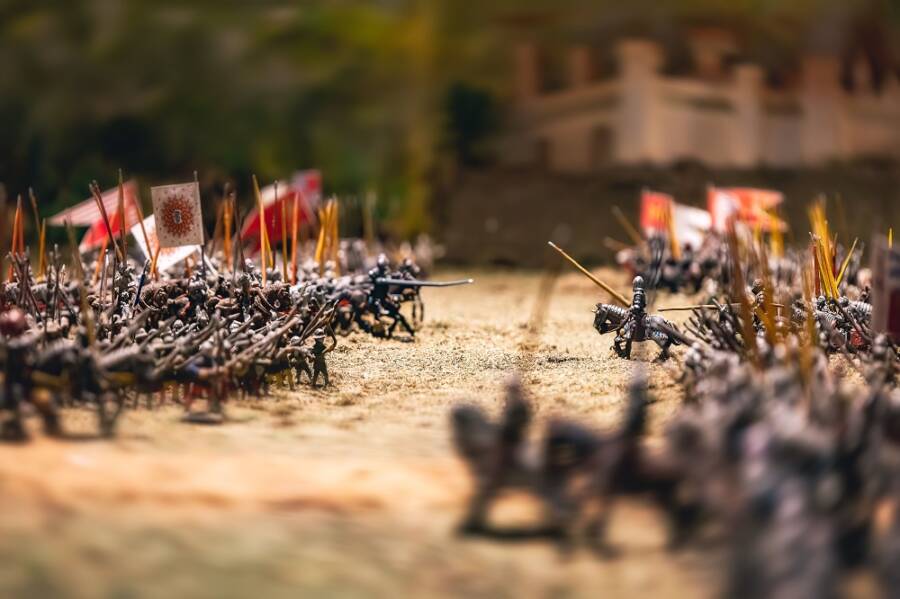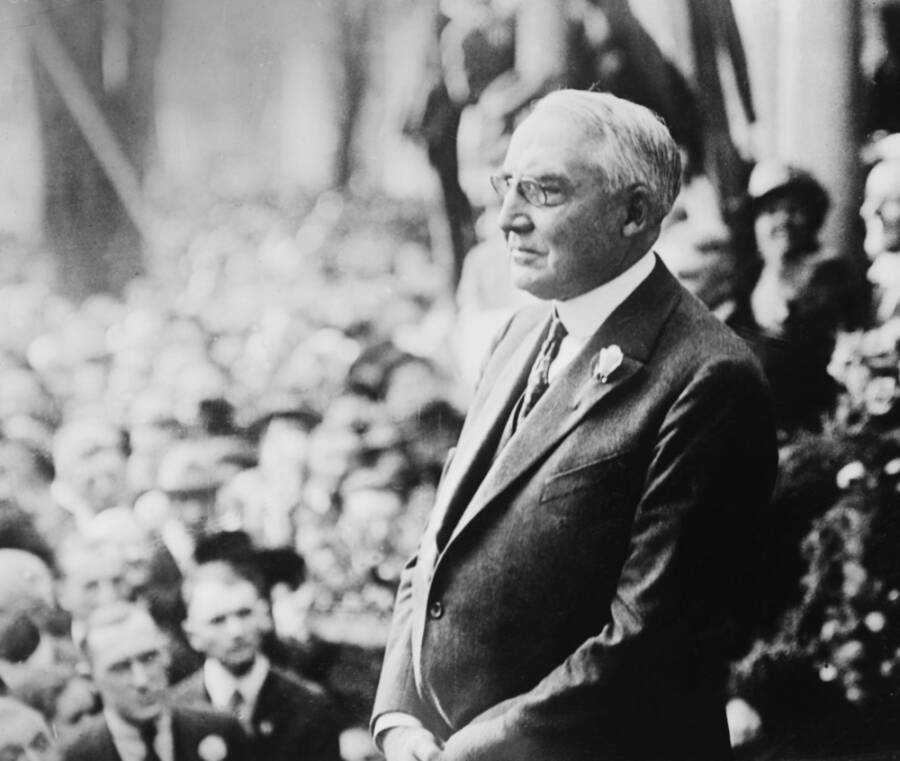
Pericles’ Funeral Oration (c. 431 BCE): Forging the Idea of Democracy
In the 5th century BCE, the world was a mosaic of rising empires and intellectual ferment. The Achaemenid Empire in Persia had recently been checked in its westward expansion, while in China, the philosophical traditions of Confucianism and Daoism were taking root. In India, new religious ideas like Buddhism and Jainism were challenging established orthodoxies. Amidst this dynamic global landscape, the city-state of Athens emerged as a naval power and a crucible of political innovation.
It was at the end of the first year of the Peloponnesian War, a devastating conflict between Athens and its rival Sparta, that the Athenian general Pericles delivered what is now known as his Funeral Oration. As recorded by the historian Thucydides, the speech was not a simple eulogy for the fallen soldiers. It was a profound articulation of the Athenian democratic ideal. Pericles lauded a government where power lay in the hands of the many, not the few. He celebrated civic freedom, equality before the law, and a culture that valued open debate and merit over birthright. He argued that the soldiers had died not just for a city, but for a revolutionary idea of how human beings could govern themselves.
The immediate impact of the speech was to bolster Athenian morale in a brutal war. Its long-term global impact, however, is immeasurable. Though Athenian democracy itself was short-lived and exclusionary by modern standards, the ideals articulated by Pericles were preserved in Thucydides’ text. These concepts journeyed through history, deeply influencing the political philosophy of the Roman Republic. Centuries later, Renaissance thinkers rediscovered these classical texts, helping to fuel the intellectual shifts that challenged monarchical rule in Europe. The principles of civic duty, public service, and government by the people echoed in the halls where the United States Constitution was debated and in the revolutionary pamphlets of the French Revolution. Leaders of independence movements across the world in the 19th and 20th centuries would look back to this foundational speech as a blueprint for a self-governing society.





